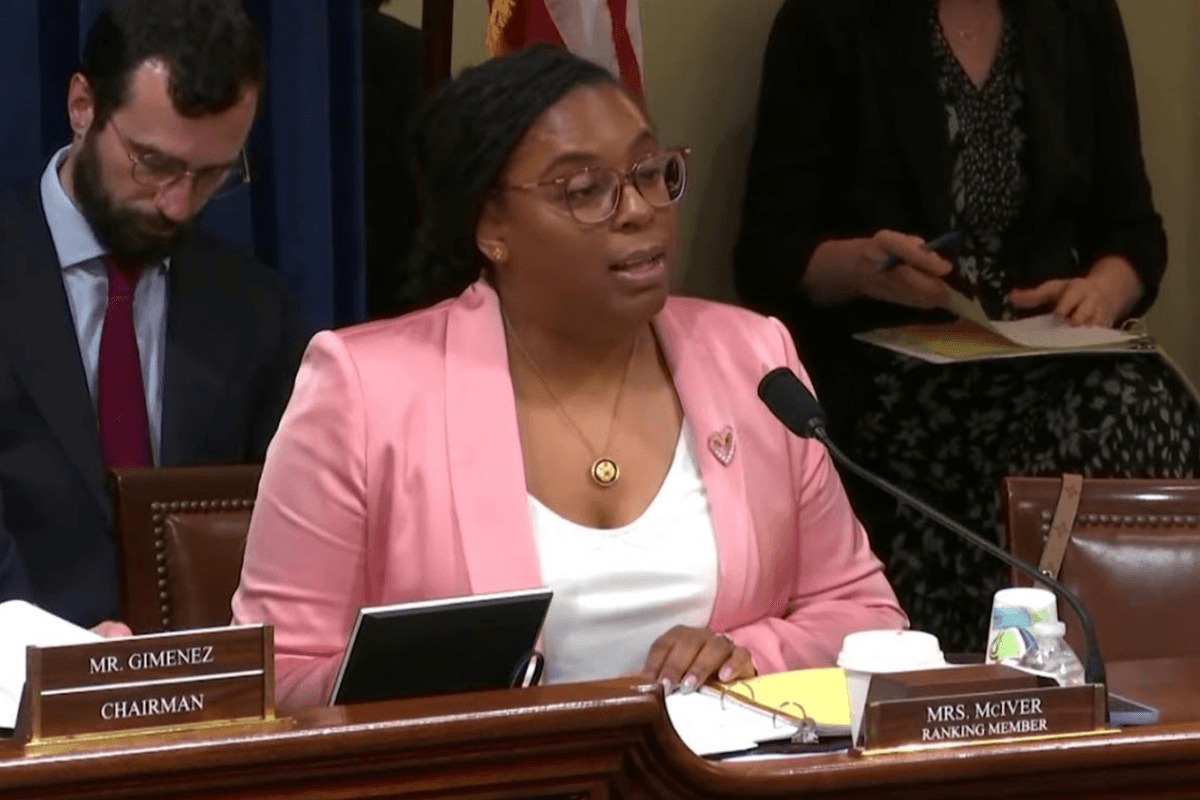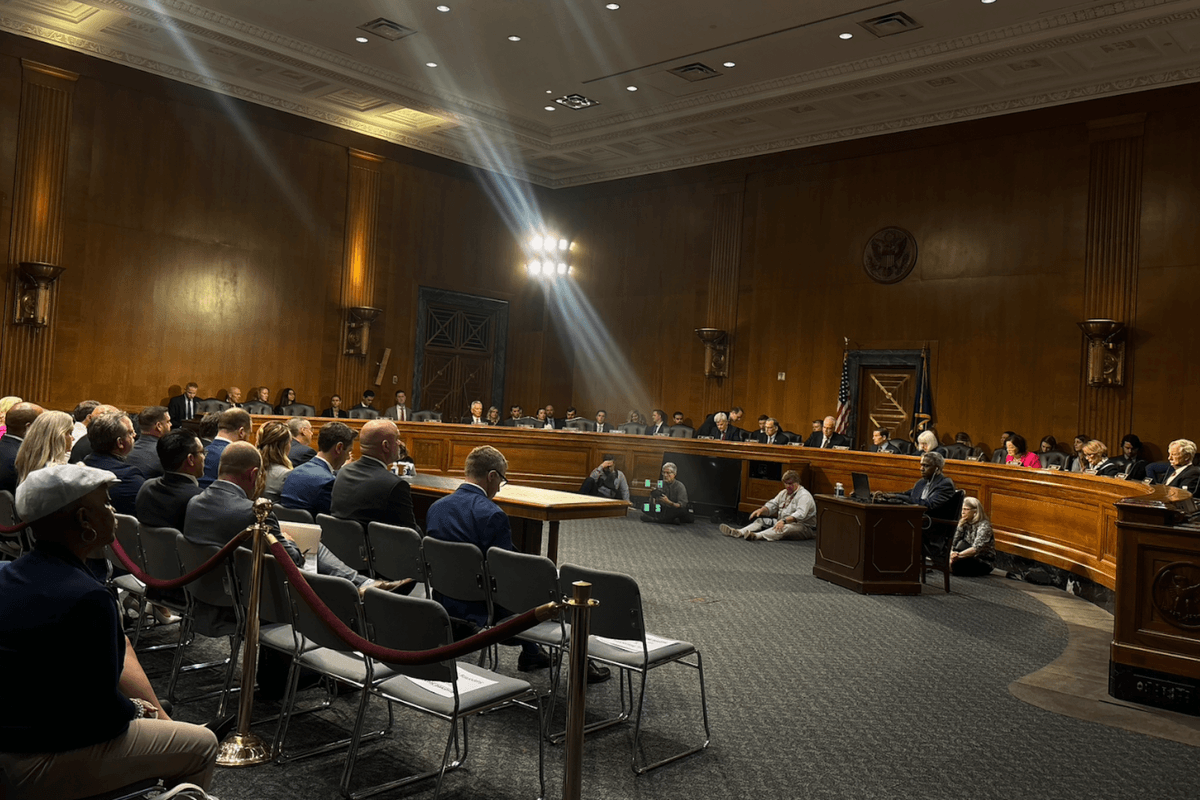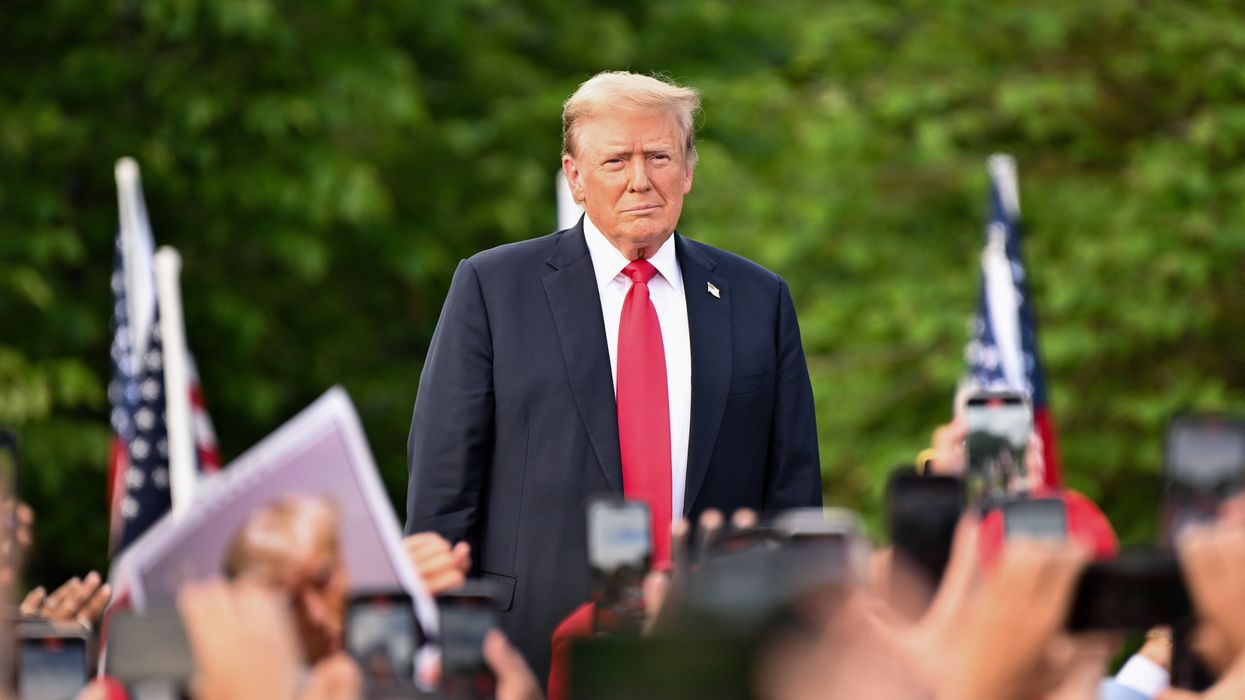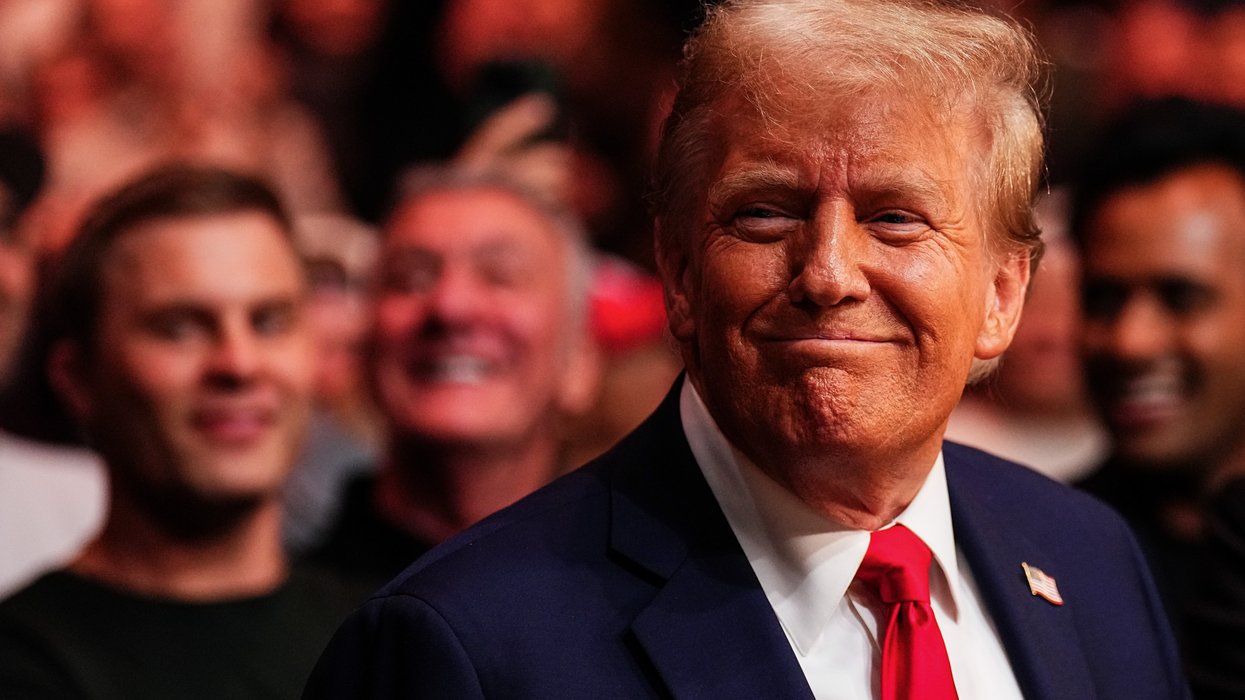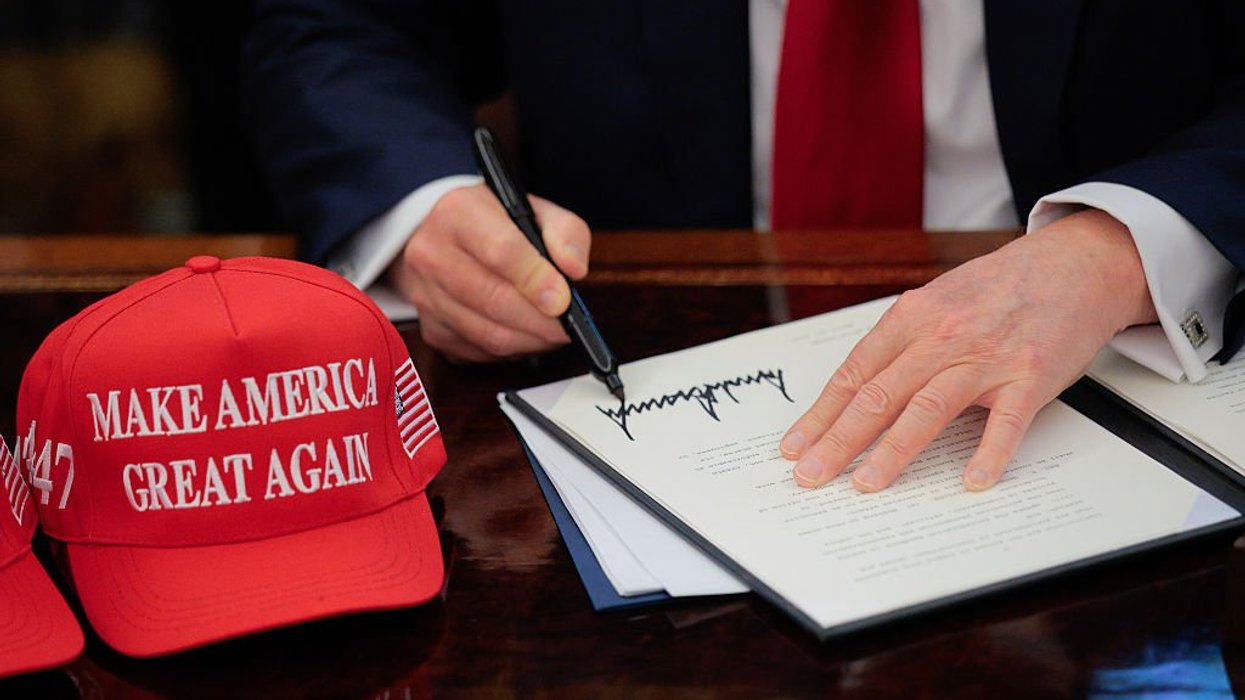After electing a speaker from its own ranks, changing the House rules offers the second opportunity for a new congressional majority to put its own muscular stamp on the way the Capitol operates. And so it will be Thursday, when the Democrats embrace a revised rulebook chockablock with changes designed to show the public they're keenly interested in projecting a "good government" sensibility.
Adopting the new House rules, almost surely on a party-line vote with a few progressive Democrats dissenting, will be the second important roll call of the 116th Congress' opening day – soon after the formal installation of Speaker Nancy Pelosi.
"We are proposing historic changes that will modernize Congress, restore regular order and bring integrity back to this institution," said the incoming Democratic chairman of the Rules Committee, Jim McGovern of Massachusetts.
Here are some of items that advocates for congressional "reform" like best:
Devolved Power
- Legislation that has garnered more than 290 co-sponsorships – enough support, in theory, to muster the two-thirds majority needed to override a presidential veto – will effectively be guaranteed a vote by the full House within 25 congressional work days. The idea of this new "consensus calendar" is to prevent the leadership from sitting on bills that have overwhelming bipartisan backing.
- An existing process for forcing debate on legislation leaders have kept bottled up in committee, known as the discharge petition, will become available to members essentially all the time instead of just two Mondays a month.
- Votes of no confidence in the House speaker will be held only if demanded by a majority of one of the party caucuses. In the past such a "motion to vacate the chair" could be made by a single disgruntled member, a power that gave a combative subset of the GOP (the conservative Freedom Caucus) leverage over the previous two Republican speakers.
- The text of major legislation will be publicly available for at least 72 hours before a vote on the measure is called. This is designed to deny the majority leadership the power to call snap votes on measures before their contentious nature is widely understood.
Tighter Budgeting
- A pay-as-you-go budget provision, favored by deficit hawks but ardently opposed by progressives, will be reinstituted. Also known as "paygo," it requires that any legislation that would increase spending on mandatory programs – Medicare, farm subsidies or food stamps, for example – include language raising an equivalent amount of new revenue or dictating offsetting cuts to other so-called entitlements.
- At the same time, legislation to raise taxes will be permitted to pass with simple majority support, instead of the three-fifths threshold instituted by the anti-tax GOP majority during the past eight years.
- The legal limit on the size of the national debt will be increased automatically upon the adoption of an annual congressional budget resolution. The aim here is to eliminate the sort of political brinkmanship that accompanies debate on legislation to raise the debt limit in order to forestall a government default.
Stiffer Ethics Rules
- Members will be required to attend a training session on government ethics every year and to establish anti-discrimination policies for their own offices.
- They will be required to use personal funds to pay settlements of any sort of harassment or discrimination claim by their aides.
- They will be pressured, but not quite required, to resign committee or leadership positions while under indictment for a felony.
- Members and House aides will be prohibited from serving on corporate boards starting in 2020.
- Discrimination based on sexual identity or gender identity will be explicitly prohibited in the House for the first time.
- The ban on sexual relationships between members and their aides will be expanded to prohibit relations between a member and any staffer on any committee where the member serves.
- Two new offices will be created, one to promote a more diverse and inclusive workforce on Capitol Hill and the other to make it easier for whistleblowers to report their concerns.
Other Matters
- A Select Committee on the Modernization of Congress will be created, with six members from each party and some freshman membership guaranteed, to recommend more changes that would create a more modern and efficient House of Representatives, with an emphasis on improving technology and personnel retention. The panel will also examine how to regulate members' correspondence to constituents in the digital age.
- The delegates from Washington, D.C., and five other U.S. places outside the 50 states (Puerto Rico, the Virgin Islands, American Samoa, Guam and the Northern Marianna islands) will be able to vote on legislative amendments on the House floor, but only if their ballots are not dispositive. They still won't be able to vote on passing or defeating the finalized bill.
- The two-century-old prohibition on hats on the House floor will be altered to permit religious headwear – an accommodation for one of the first Muslim women in the House, freshman Democrat Ilhan Omar of Minnesota, who wears a headscarf.

